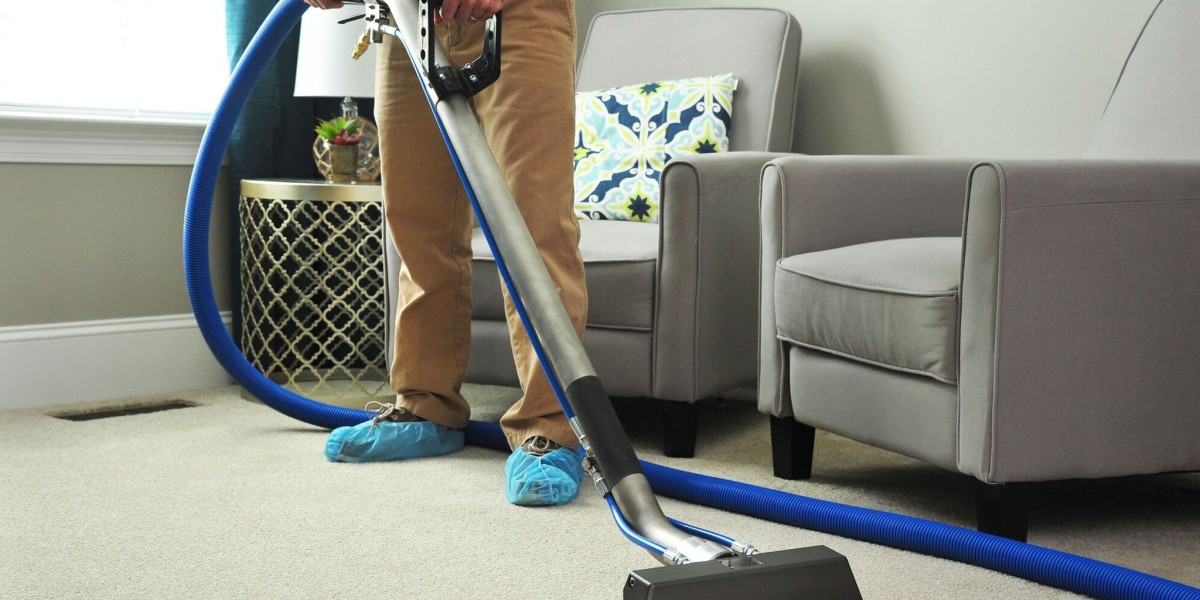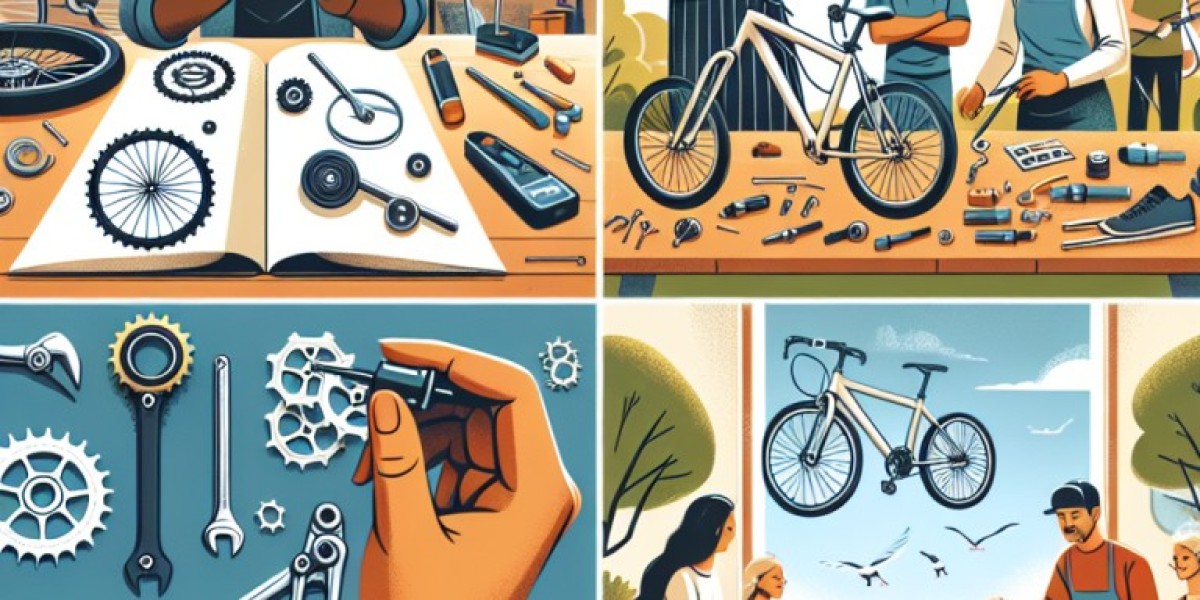Exploring Disability Scooters for Sale Near Me: A Comprehensive Guide
In the modern-day world, mobility aids have actually become increasingly sophisticated and accessible, enhancing the quality of life for people with specials needs. Amongst these help, disability scooters stand out as a flexible and efficient option, providing flexibility and self-reliance to those who might discover standard walking aids limiting. This post digs into the world of disability scooters, checking out how they work, the advantages they supply, and where to find them for sale near you.
What Are Disability Scooters?
Disability scooters, likewise called mobility scooters or electric scooters, are motorized vehicles created to help individuals with mobility issues. These scooters are normally equipped with a seat, handlebars for steering, and a series of features that enhance comfort and security. They are powered by rechargeable batteries and can be used both inside your home and outdoors, depending on the model.
Types of Disability Scooters
Three-Wheeled Scooters
- Pros: More maneuverable in tight areas, lighter and often simpler to transport.
- Cons: Less stable on irregular surface areas, might feel less safe and secure for some users.
Four-Wheeled Scooters
- Pros: Greater stability and balance, much better for outdoor usage, particularly on rough surface.
- Cons: Less maneuverable in tight areas, typically much heavier and more difficult to carry.
Travel Scooters
- Pros: Designed for easy disassembly, making them ideal for travel.
- Cons: May have a shorter variety and lower speed compared to full-sized designs.
Sturdy Scooters
- Pros: Built to support greater weight capabilities, often more resilient and strong.
- Cons: Heavier and less portable, might need more upkeep.
Standing Scooters
- Pros: Provide an alternative for users who prefer or require to stand.
- Cons: Less typical, may not be as comfortable for long-term use.
Benefits of Disability Scooters
Boosted Mobility
- Disability scooters enable users to travel longer ranges and navigate different environments with ease, from grocery stores to outdoor parks.
Increased Independence
- By minimizing the need for assistance, these scooters empower users to keep their self-reliance and carry out day-to-day activities more conveniently.
Enhanced Quality of Life
- Scooters can substantially boost social and leisure activities, enabling users to take part in neighborhood events and maintain a more active lifestyle.
Cost-efficient
- Compared to other mobility help like power wheelchairs, scooters are frequently more economical and have lower maintenance costs.
Personalized
- Numerous scooters included options for personalization, consisting of adjustable seats, speed settings, and additional safety functions.
Where to Find Disability Scooters for Sale Near Me
When looking for disability scooters for sale, there are numerous options readily available to ensure you discover the best suitable for your requirements.
Regional Mobility Aid Stores
- Pros: Opportunity to test drive and see the scooters in person, educated personnel for tailored recommendations.
- Cons: Limited choice compared to online stores, might be more pricey due to overhead costs.
Online Retailers
- Pros: Wide range of models and brand names, often more competitive pricing, benefit of shopping from home.
- Cons: Can not check drive before acquiring, prospective shipping costs and delays.
Specialized Dealers
- Pros: Specialized in mobility aids, typically provide extended guarantees and funding choices.
- Cons: May be more costly, less physical locations.
Second-Hand Markets
- Pros: Affordable options, chance to check and evaluate the scooter before buying.
- Cons: Limited warranty, may need maintenance or repair work.
What to Consider When Buying a Disability Scooter
User Needs and Abilities
- Physical Condition: Consider the user's strength, mastery, and stability.
- Lifestyle: Think about where the scooter will be utilized most frequently (inside, outdoors, both).
Scooter Features
- Range and Battery Life: Ensure the scooter can handle the ranges you require to take a trip.
- Speed and Maneuverability: Choose a scooter that matches your speed choices and the areas you navigate.
- Weight Capacity: Verify that the scooter can support the user's weight.
- Storage and Transport: If you require to carry the scooter, search for designs that are lightweight or easy to take apart.
Safety and Comfort
- Braking System: Check for reputable and responsive brakes.
- Seating: Opt for a comfortable and adjustable seat.
- Lighting and Accessories: Consider functions like headlights, turn signals, and baskets for included convenience.
Budget and Financing
- Preliminary Cost: Compare prices from different retailers.
- Maintenance Costs: Factor in the expense of batteries, repair work, and routine maintenance.
- Funding Options: Some dealers provide funding or lease-to-own programs.
Service warranty and Support
- Service warranty: Look for a comprehensive warranty that covers both parts and labor.
- Consumer Support: Ensure the seller uses trusted customer care and assistance.
Frequently Asked Questions About Disability Scooters
Q: Are disability scooters For Sale near me scooters covered by insurance coverage?
- A: Many insurance plan, including Medicare, can cover a portion of the cost of a disability scooter. Nevertheless, protection varies, so it's important to talk to your provider for specific details and requirements.
Q: How frequently do I need to charge the battery?
- A: The frequency of battery charging depends on the design and usage. Typically, you ought to charge the battery after each use or a minimum of when a week if the scooter is not used everyday.
Q: Can I use a disability scooter on public transport?
- A: Yes, many disability scooters are designed to be portable and can be utilized on mass transit, such as buses and trains. Nevertheless, it's a good idea to check the specific rules and policies of your regional transit authority.
Q: Are there any age restrictions for utilizing disability scooters?
- A: There are no rigorous age limitations, but users need to have the ability to operate the scooter securely. Many scooters are created for older grownups, however they can be used by anyone who needs support with mobility.
Q: Can I modify a disability scooter to fit my specific requirements?
- A: Many scooters provide customization choices, such as adjustable seats and speed settings. For more extensive adjustments, it's best to speak with an expert mobility aid service provider.
Tips for Buying a Disability Scooter
Research study Thoroughly
- Read Reviews: Look for evaluations from other users to get a sense of the scooter's performance and reliability.
- Compare Models: Consider different designs and brand names to find the one that best meets your requirements.
Test Drive Before Buying
- If possible, test drive the scooter to ensure it feels comfortable and meets your requirements.
Request Professional Advice
- Speak with a doctor or mobility aid expert to get personalized suggestions.
Look For Local Incentives
- Some city governments and companies offer incentives or aids for purchasing disability scooters. Check with your local disability services to find out more.
Think About Future Needs
- Think about any potential changes in your physical condition that may affect your scooter needs in the future.
Disability scooters are an important tool for enhancing mobility and self-reliance for people with impairments. By considering the user's needs, the features of the scooter, and the readily available options for purchase, you can find the perfect scooter to match your lifestyle. Whether you're patronizing a regional shop or searching online, taking the time to research and test drive different designs will guarantee you make a notified and beneficial decision. With the right scooter, the world ends up being a more accessible and enjoyable location.
Additional Resources
- Mobility Aid Providers: Check regional listings for service providers concentrating on disability scooters.
- Online Reviews: Websites like Consumer Reports and mobility aid forums offer detailed reviews and user feedback.
- Federal government Programs: Look into local and nationwide programs that provide monetary assistance for mobility aids.
By exploring these resources and following the pointers laid out in this short article, you can with confidence discover and acquire a disability scooter that satisfies your specific requirements and enhances your everyday life.






